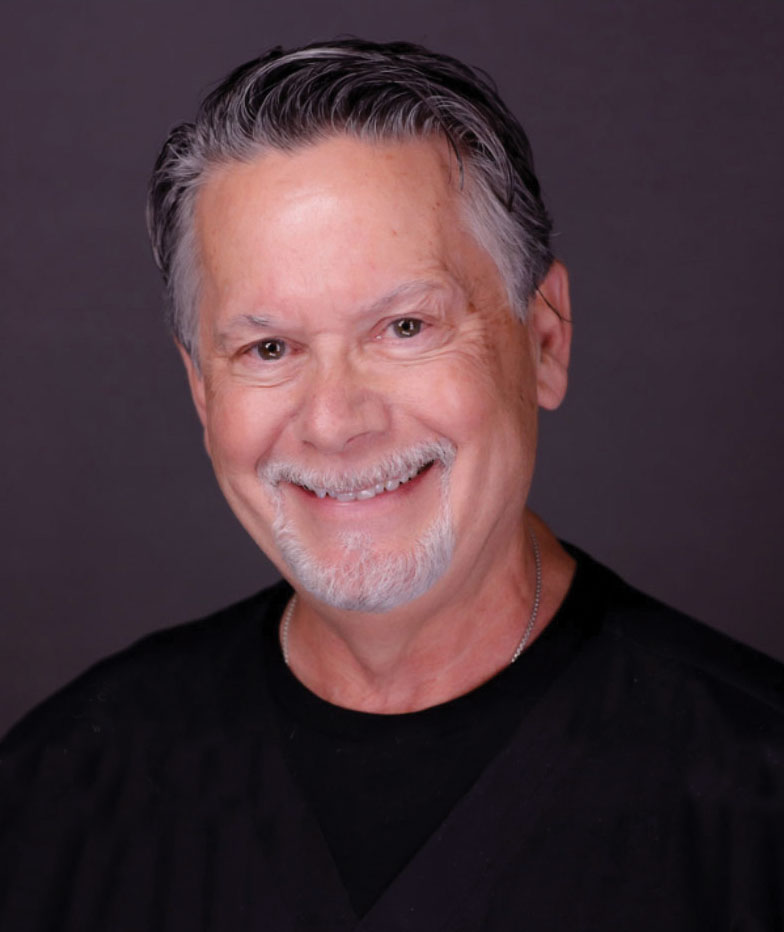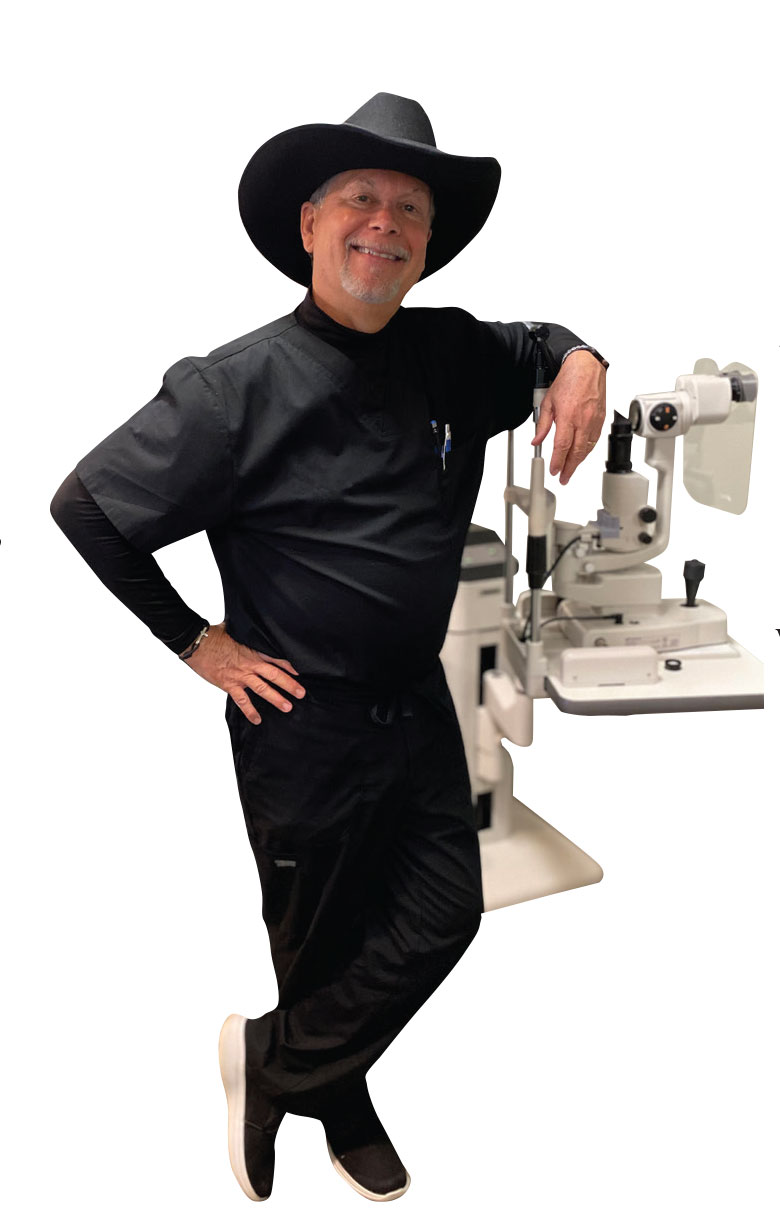 |
“Do what you love and you’ll never work a day in your life,” they say. What a crock. Don’t get me wrong, I tell every kid who comes into my office that the definition of success is to find something they love to do and figure out a way to get paid doing it. Sounds great? But consider the audience.
When I was 16, if my optometrist told me that, I would have thought he was the biggest dork I had ever met, and that’s saying something because up until then, I, myself was the biggest dork I had ever met.
I remember my 40th Montgomery High School Class Reunion way back in 2011. The head cheerleader back then came up to me and asked, “Why didn’t we ever go on a date in high school?” My answer: “Did you not know me in high school?” For nearly all four years I had worn the same outfit: white painter pants bib overalls, a polka-dotted purple shirt, a brown belt with a giant slide rule in a plastic sheath, all topped off by a canvas dove hunter’s jacket with a big peace symbol hand-painted on the back (when I wasn’t wearing my dark brown suede fringed hippy vest).
I was a catch for sure. Should have asked her out, right?
So, if somebody told me how to move in a direction of happiness and success in my work, they probably would want to start with advising a better outfit. That leads us to…
“Dress for success.” When I got off the waiting list at Pennsylvania College of Optometry, I had to borrow my younger brother’s dress shirt and clip-on tie since I didn’t own one and I had been told all the first-year students would have to wear a tie the first day of class. My brother was twice as big as me so I looked like David Byrne/Billie Eilish sans the dyed hair. Thank goodness they let us dress like the bums we were after that first day.
In optometry, we need to dress better than I did in high school, college and optometry school, but that will not, by itself, make you successful—just a little more likely not to get laughed at when you open your office’s first checking account.
 |
“Grab the low-hanging fruit.” This is apparently the mantra of many of our esteemed colleagues as they race to the bottom by giving their time away and accepting every vision plan, even if the reimbursement is so low you’d be lucky to break even when you see that low-hanging patient. I guess I was lucky to spend 99% of my career in a little town in a little state with little—but wonderful—small businesses that didn’t employ 80% of my patients. So, if I didn’t accept a plan, I’d temporarily lose two or three families, not my whole practice.
“Win-win or no deal.” It’s not that simple. I remember when my brother said it this way: “It’s not whether you win or lose. It’s whether I win or lose.” This is the attitude that gets you that date with the head cheerleader in high school and can determine if you see enough patients to keep putting bread on the table. However, this does not mean stomp all over anyone who gets in the way; just try hard.
Business platitudes have their place. I have tried many of them along the way and have done OK for myself, my wife of 43 years and my kids and their kids. But the deal is to just glean a bit of wisdom from each one and from everyone you meet. One of my writing mentors, the late, amazing Jack Runninger, OD, sat me down and talked with me at SECO. He gave me tons of specific critique soon after my very first Chairside column hit these pages.
Two years later, he found me again and told me he was truly thrilled that I was smart enough to ignore everything he had told me. We both laughed like hyenas. Just like so many of you, I loved that man and was honored that he was my friend to the end. He will always be the greatest optometric humorist in our lifetime.
So, listen to the platitudes, look for the wisdom, just be yourself and you do win. Be strong. Be kind. Don’t wear a slide rule on a belt. That’s all.
Dr. Vickers received his optometry degree from the Pennsylvania College of Optometry in 1979 and was clinical director at Vision Associates in St. Albans, WV, for 36 years. He is now in private practice in Dallas, where he continues to practice full-scope optometry. He has no financial interests to disclose.

